HALEY BRITTINGHAM ⍚ PORTFOLIO
REINFORCEMENT ACTIVITIES
For students to truly develop a habit of mind they must continually learn and practice that habit. The activities below helped students discuss, recognize and deeper their understanding of what it means to manage one's impulsivity.
Practice Through Playing
Students played Red Light, Green Light. Before beginning the game, I asked students to pay close attention to how they feel every time a new sign is shown. After playing this game, we discussed how they managed their impulses and what feelings were associated with each sign. Students shared that they felt anxious when they saw the red light, excited when they saw the green light, and felt like they showed the most self-control during the yellow light. We discussed their impulse to take extra steps even when they shouldn't have and the consequences that it had, them having to start all over. We tied this back to our first lesson about managing our impulses and how it affects our choices and actions, even during a game.

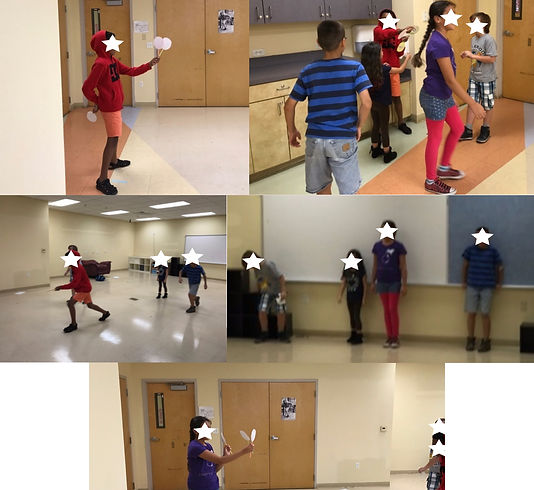
Understanding Emotions & Making Connections to Impulsivity
During another activity, I first read out loud scenarios that resulted in happy and joyful feelings to get students thinking about how they would feel. Afterwards, I read out loud scenarios that led to different emotions where students reflected on the scenarios and empathized with the person in the situation. From there we discussed the natural impulses that they would have after each particular scenario. Then, students came up with ways that they, or the person in the situation, could show self-control. This activity reinforced the idea that managing your impulses involves paying attention to how you feel in the moment and choose an appropriate way to act or react. Lastly, students answered and discussed the questions of "why do you think it is important to be able to determine the way YOU feel? How does that help you to be successful in school and in life?" Students shared that it will help them get along with others better, understand other points of view, and be happier with yourself.
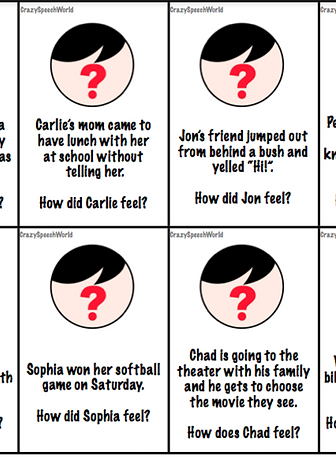

References to scenario sheets:
Working on Emotions. (n.d.). Retrieved from http://crazyspeechworld.com/2013/03/working-on-emotions.html
Conflict Resolution Solution Cards. (n.d.). Retrieved from https://www.teacherspayteachers.com/Product/Conflict-Resolution-Situation-Cards-2773239
Using Problem Solving & Listening Skills to Manage Impulsivity
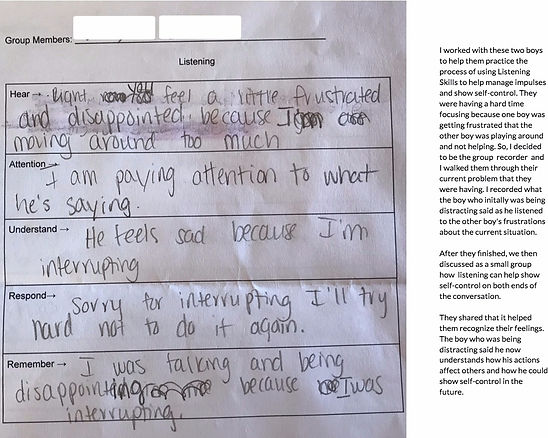
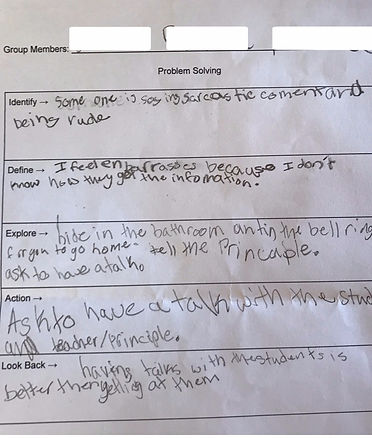
After discussing emotions and how emotions sometimes dictate how we respond or act in certain situations, I then presented different strategies that they can use to help manage impulsivity and show self-control. One is through problem-solving and the other is managing impulsivity through taking the time to listen carefully. We practiced as a whole group by applying the strategies, or steps, to one of the scenarios above and a real one within our lesson. Then, students practiced in groups and presented to each other how they applied problem-solving or listening skills to their scenario.
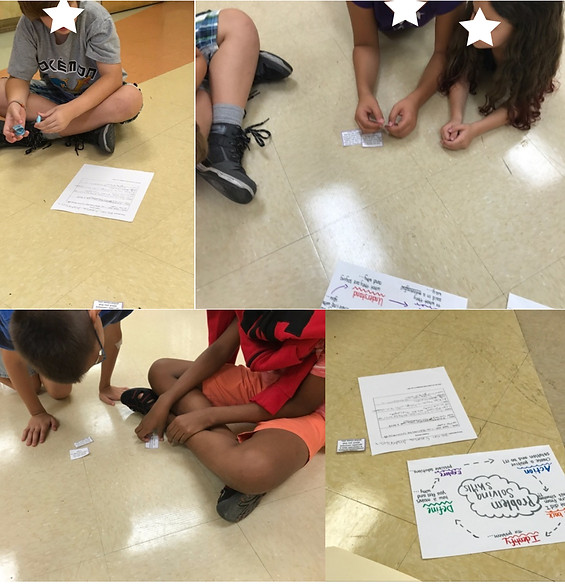
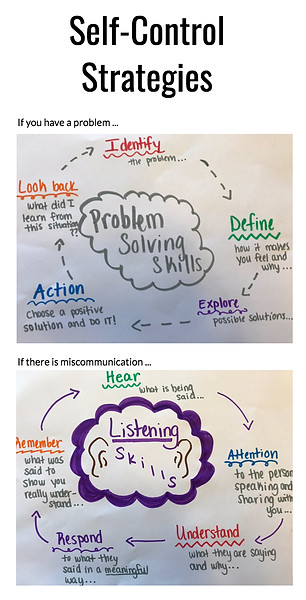
Reflection
These reinforcement activities helped students practice using different strategies to manage their impulsivity and show self-control. Two of the students during the lesson actually were being very impulsive and were distracting the other students and myself. With that, I used it as a teachable moment and as a group we problem solved by identifying each step on the anchor chart and choosing a positive and constructive solution. After practicing problem-solving by using a real situation that they were all involved in they then broke up into two groups and did the same for a scenario of their choosing. After they completed each step, they shared with the other group.
Reinforcing through practice and relevant situations have helped my students understand what managing impulsivity means and looks like in different scenarios. Being reflective of their emotions, impulses, and understanding that they can make conscious choices to manage their impulsivity provides them the tools to continue developing this habit of mind and apply it to their lives.